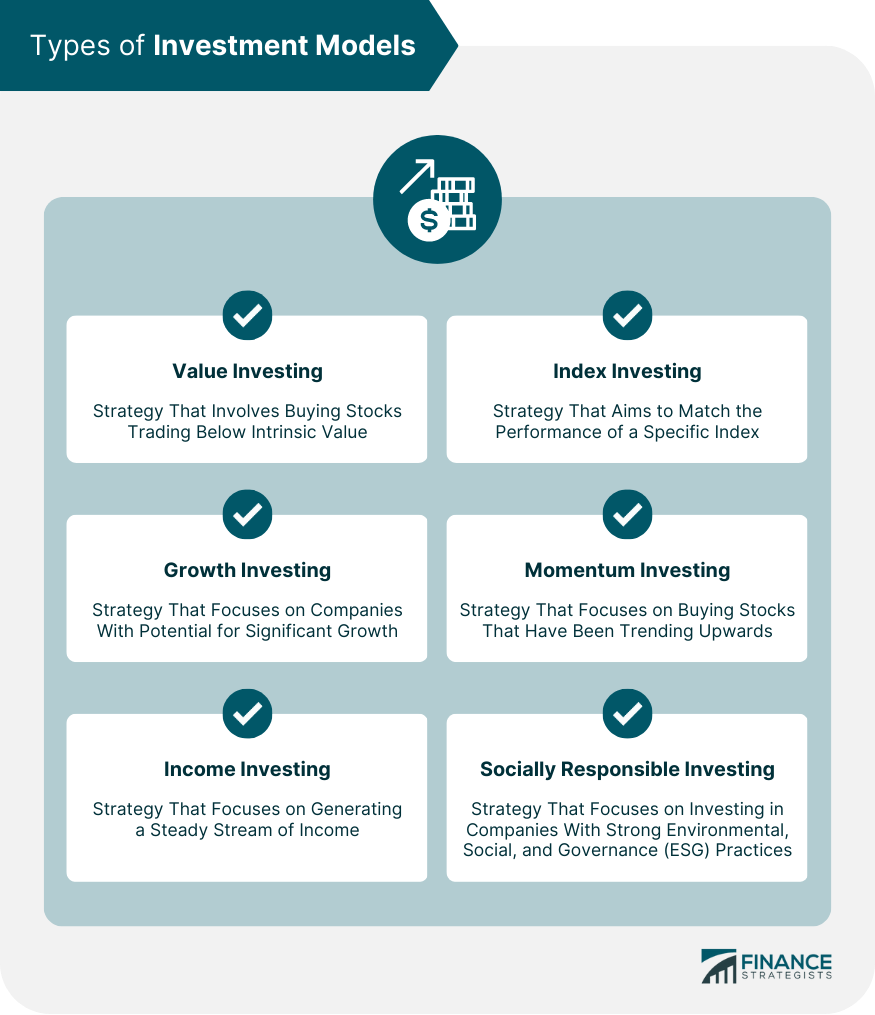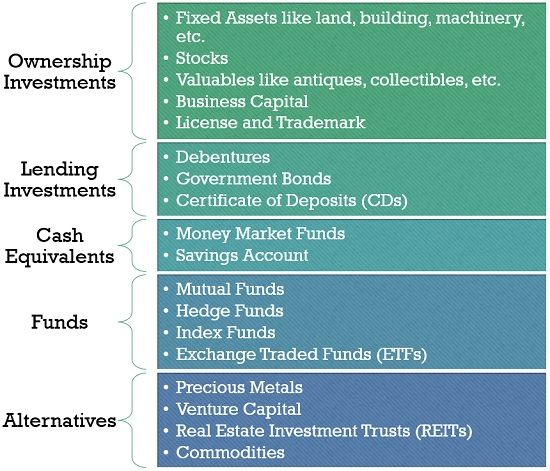Financial institution An investment firm is a banks mainly engaged in holding, managing and investing safety and securities. These firms in the USA are regulated by the United State Stocks and Exchange Payment and must be signed up under the Financial Investment Business Act of 1940. Investment business invest cash in behalf of their customers that, in return, share in the earnings and losses.

Investment business do not include brokerage firm business, insurance coverage firms, or financial institutions.
A significant kind of firm not covered under the Investment Firm Act 1940 is private investment business, which are simply exclusive firms that make financial investments in stocks or bonds, but are restricted to under 250 financiers and are not regulated by the SEC. These funds are frequently composed of really affluent capitalists.
This gives certain defenses and oversight for capitalists. Regulated funds usually have restrictions on the types and quantities of investments the fund supervisor can make. Normally, controlled funds might only invest in noted safety and securities and no even more than 5% of the fund might be spent in a single protection. Most of investment firm are mutual funds, both in terms of number of funds and possessions under administration.
Mineral Rights Companies
The very first investment company were established in Europe in the late 1700s by a Dutch investor who wished to enable little financiers to merge their funds and diversify. This is where the concept of investment firm originated, as specified by K. Geert Rouwenhorst. In the 1800s in England, "investment merging" arised with depends on that resembled modern-day mutual fund in framework.

New securities regulations in the 1930s like the 1933 Securities Act restored financier confidence.
In 1938, it licensed the creation of self-regulatory organizations like FINRA to manage broker-dealers. The Securities Act of 1933 requires public protections offerings, including of financial investment company shares, to be registered. It likewise mandates that financiers get an existing syllabus describing the fund. "Investment firm". U.S. Securities and Exchange Compensation (SEC).
Investment Firms
Lemke, Lins and Smith, Policy of Investment Firms, 4.01 (Matthew Bender, 2016 ed.). ACM. 2023.
In retail financial investment funds, hundreds of financiers might be included via middlemans, and they may have little or no control of the fund's tasks or knowledge about the identifications of various other investors. The prospective number of investors in a personal mutual fund is normally smaller sized than retail funds. Exclusive mutual fund have a tendency to target high-net-worth individuals, including politically revealed individuals, and fund managers might have a close relationship with their customer financiers.

Passive funds have been expanding in their market share, and in some territories they hold a substantial section of possession in openly traded business. There are several categories for investment funds. For instance, some are closed-end, suggesting they have a set variety of shares or resources, whilst others are open-end, meaning they can grow right into limitless shares or resources.
The pricing, risk, and terms of derivatives are based on an underlying possession, and they enable capitalists to hedge a setting, boost take advantage of, or speculate on a property's modification in value. An investor may own both a supply and an alternative on the same supply that permits them to sell it at a set cost; therefore, if the stock's cost drops, the alternative still keeps value, lowering the investor's losses.
Whilst thought about, provided the focus of this briefing on the crawler of company cars, a complete treatment of the beneficial ownership of assets is outside its range. A mutual fund offers as a channel to gain from several properties being held as investments. Investors can be individuals, business vehicles, or organizations, and there are generally a variety of intermediaries in between the financier and mutual fund in addition to between the mutual fund and the underlying economic assets, particularly if the fund's units are exchange-traded (Box 1).
Investment Company in Mesquite
Depending on its legal kind and structure, the individuals exercising control of a mutual fund itself can vary from the people who own and take advantage of the underlying assets being held by the fund at any given moment, either directly or indirectly. Both retail and private mutual fund generally have fund supervisors or consultants who make investment decisions for the fund, choosing securities that line up with the fund's objectives and run the risk of resistance.
and serve as intermediaries between financiers and the fund, facilitating the trading of fund shares. They link investors with the fund's shares and implement professions on their part. manage the enrollment and transfer of fund shares, maintaining a document of shareholders, refining ownership adjustments, and issuing proxy materials for investor meetings.
Navigation
Latest Posts
Bathroom Remodel Price
Bathroom Remodeler
Bathroom Remodeling Cost in Mesquite
